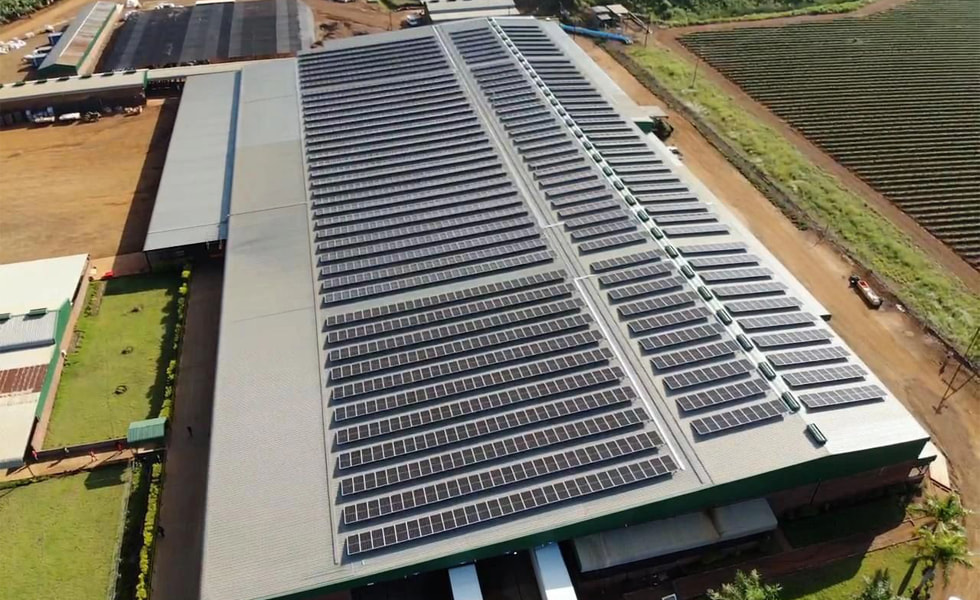
De acordo com relatos da mídia local, o governo paquistanês propôs um imposto geral sobre vendas de 18% sobre painéis solares importados em seu orçamento federal de 2025-2026.
Em um discurso na Assembleia Nacional, o Ministro das Finanças do país, Muhammad Aurangzeb, disse que o imposto ajudaria a expandir a indústria solar local.
No entanto, a política ainda não foi oficialmente implementada e tem sido fortemente contestada pela indústria. A Associação Paquistanesa de Energia Solar (PSA) instou o governo a reconsiderar a decisão, pois poderia atrasar a adoção de medidas. energia solar e aumentar os custos.
"Esta medida política tem o potencial de reverter o progresso significativo que o Paquistão fez na implantação da energia solar nos últimos anos", afirmou a associação do setor. "A imposição de um GST de 18% tornará a energia solar mais acessível para os consumidores e minará a confiança de investidores e partes interessadas neste importante setor", acrescentou o presidente da PSA, Waqas Moosa.
De acordo com um relatório recente do grupo de reflexão Ember Climate, as importações de painéis solares cresceu rapidamente no ano passado, atingindo quase 17 GW. Como mostra a figura abaixo, isso é mais que o dobro da quantidade de painéis solares importados em 2023.
De acordo com a PSA, o Paquistão não só aumenta rapidamente o número de módulos que importa em 2024, como também acelera a sua medição líquida energia solar fotovoltaica instalações de 1,3 GW em junho de 2023 para 4,1 GW em dezembro de 2024.
Como Moosa explicou ao PV Tech Premium no início deste ano, as instalações fotovoltaicas em telhados do Paquistão aumentaram no ano passado em resposta direta ao aumento dos preços da eletricidade.
“A justificativa para este imposto proteger a indústria local é fundamentalmente falha. Atualmente, o Paquistão não possui instalações de fabricação de painéis solares em larga escala ou eficientes. As poucas unidades existentes produzem apenas painéis de baixa potência e não competem diretamente com tecnologia importada. Portanto, o argumento para proteger a indústria local carece de fundamento e não deve ser feito às custas de minar o crescente setor de energia verde”, afirmou a PSA.
De acordo com um novo relatório do think tank Ember Climate, as importações de painéis solares do Paquistão em 2024 serão próximas de 17 GW, mais que o dobro da quantidade de 2023. Esse aumento reflete a demanda crescente do país por energia limpa .
Em termos de aplicações residenciais, o crescimento de energia fotovoltaica distribuída é particularmente significativo. Dados mostram que a capacidade instalada de energia fotovoltaica distribuída sob o sistema de medição líquida de eletricidade saltou de 1,3 GW em junho de 2023 para 4,1 GW em dezembro de 2024. À medida que os preços da eletricidade continuam a subir, cada vez mais residências e empresas optam por instalar sistemas fotovoltaicos em telhados.
Esses dados mostram que os módulos fotovoltaicos importados são uma importante força motriz para a transformação da estrutura energética do Paquistão. Políticas que restringem as importações podem prejudicar essa tendência positiva.
Nos estágios iniciais da transformação energética, a estabilidade das políticas e a controlabilidade dos custos são fatores-chave para promover a expansão do mercado. Uma vez que o preço dos módulos fotovoltaicos importados aumente devido à tributação, isso não só enfraquecerá a disposição dos usuários finais para a instalação, como também poderá afetar o financiamento de projetos e a entrada de capital privado.
A Associação de Energia Solar do Paquistão está preocupada que essa política tributária envie sinais confusos ao mercado, o que pode induzir o público a pensar que o governo está endurecendo as políticas fotovoltaicas e até mesmo não dando mais prioridade ao desenvolvimento de energia limpa.
